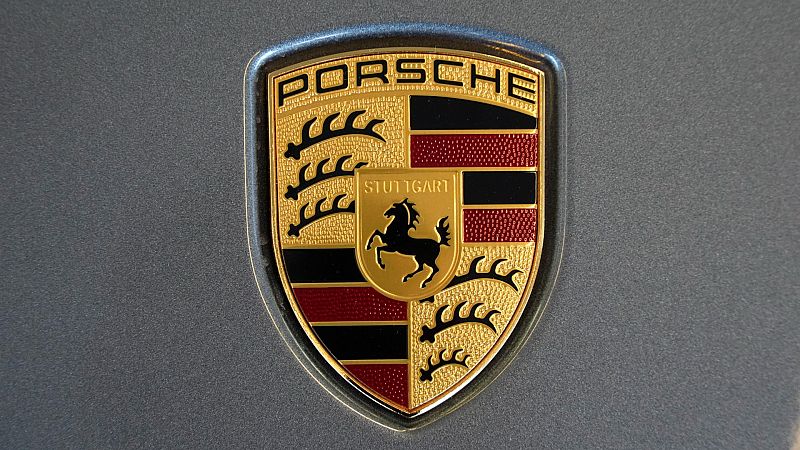
The major automobile company Porsche experienced a significant decline in vehicle deliveries in both China and Europe during the initial three months of 2025. This downturn was partially due to ceasing production of specific models that failed to meet new EU cybersecurity regulations.
In the first quarter, sales in China fell by 42%, amounting to 9,471 units, whereas they decreased by 10% in Europe, excluding Germany, with only 18,017 units sold. Deliveries in Germany saw a sharp decline of 34%, totaling 7,495 units during the initial three months of the year.
On Wednesday morning, Porsche AG's shares increased by 0.27% on the Frankfurt Stock Exchange. Nevertheless, the company's stocks have declined by 26.6% for the year so far.
Porsche saw a decline of 8% in global deliveries during the first quarter of 2025, with only 71,470 vehicles delivered.
Even though the firm's North American sales increased by 37%, reaching 20,698 units during the initial quarter of the year, this growth failed to compensate for the poor performance observed in various key regions.
Porsche credited the strong expansion in North American markets for the initial quarter to "delays in delivering certain model lines due to import issues in the corresponding period of the previous year," along with various limitations on Chinese automotive components.
- Porsche plans to reduce nearly 2,000 positions in Germany due to declining electric vehicle demand.
- Porsche stock drops following warnings of decreased sales.
The firm has stopped producing ICE variants of the 718 Cayman and 718 Boxster models within the European Union because these vehicles failed to comply with the region’s stringent new cybersecurity requirements. This legislation mandates the implementation of a comprehensive CSMS throughout every stage of the vehicle’s life cycle.
By mid-2025, Porsche will cease worldwide production of the internal combustion engine variants of these two models and intends to introduce their fully electric counterparts later this year.
The electric-free version of the Porsche Macan model has also been phased out in the European Union.
Heightened rivalry from Chinese competitors, an intensifying trade dispute, along with weakening worldwide demand have collectively contributed to Porsche’s underwhelming performance in the initial three months of the year.
In looking forward to the coming year, Matthias Becker, who serves as the executive board member for sales and marketing at Porsche AG, stated: "Porsche boasts an impressively youthful and appealing lineup of products. The interest from customers continues to remain strong. Concurrently, Porsche is committing resources to enhance both the brand and its product offerings so they can adapt nimbly to evolving customer needs."
We are collaborating closely with different sales territories and remain committed to aligning demand and supply consistent with our 'Value over Volume' approach.
US tariffs keep pummeling the worldwide car industry.
The rising global tariffs imposed by U.S. President Donald Trump have created significant uncertainty within the international automotive sector. With a 25% tax on cars imported into the United States, concerns are growing that importers may be compelled to transfer these expenses to customers, potentially leading to adverse effects on automobile manufacturers' market positions.
These duties might force automobile producers to reconsider their present approaches regarding manufacturing, distributing, and promoting vehicles. Such changes could include relocating assembly facilities to areas with better conditions, along with increasing investments in expanding into different market segments.
Currently, Porsche brings in all of its vehicles sold in the U.S. from Malaysia and Europe, making it particularly susceptible to the impending car import duties. According to Morningstar Equity Research, this situation has led them to assign Porsche a high uncertainty rating and reduce their fair value estimation by 11% to €64 per share.
